Post
A catch
Save a catch to start your fishing logbook. You will be able to to share it with the community if yo want!
A fishing trip
Post an ad to go fishing with other fishermen
Save a catch to start your fishing logbook. You will be able to to share it with the community if yo want!
Post an ad to go fishing with other fishermen
Share a thought, a question with the community
My favorite cities
×Join our 3 fishermen and our 1 cofisherman in Greer in Greenville. The fishing forecast is currently 3.2. The most caught fishes here are the walleye, the bronze bream, the muskellunge and the channel catfish. Come try the most famous fishing techniques like the gathering seafood by hand, trolling for bonito, angling - using floats or fishing bream from a dock or jetty.
Our fishing forecast of Greer indicates the best time to go fishing in this city.
The Walleye
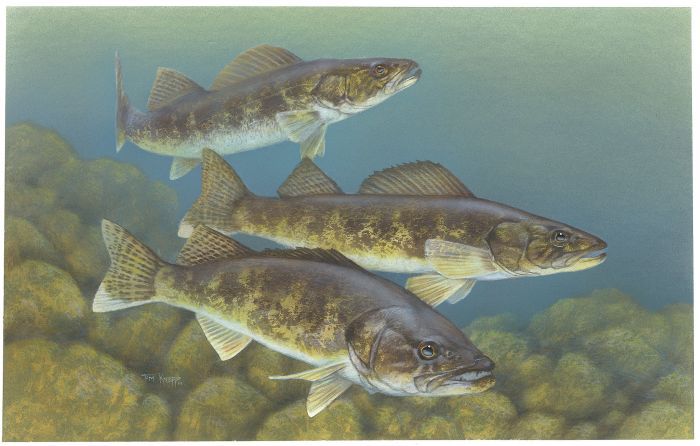
The Walleye belongs to the Percidae family. They can reach 107 cm in length and reach 11 kg. The average weight is about 5 kg. Walleye can live 10 to 20 years. They spawn in the spring or early summer. It can be fished from May to March. Walleye are freshwater fish of the Percidae family, a popular and commonly supplied game fish. The body is long and thin, mainly golden and olive colored, with a white belly. The back is crossed with five or more black stripes. They have two dorsal fins - one spiny and one with softened rays. The mouth of the walleye is wide, with sharp teeth, and its low-light vision helps it to find its prey at night.
The Walleye is a famous fish you can catch in Greer.The Bronze Bream
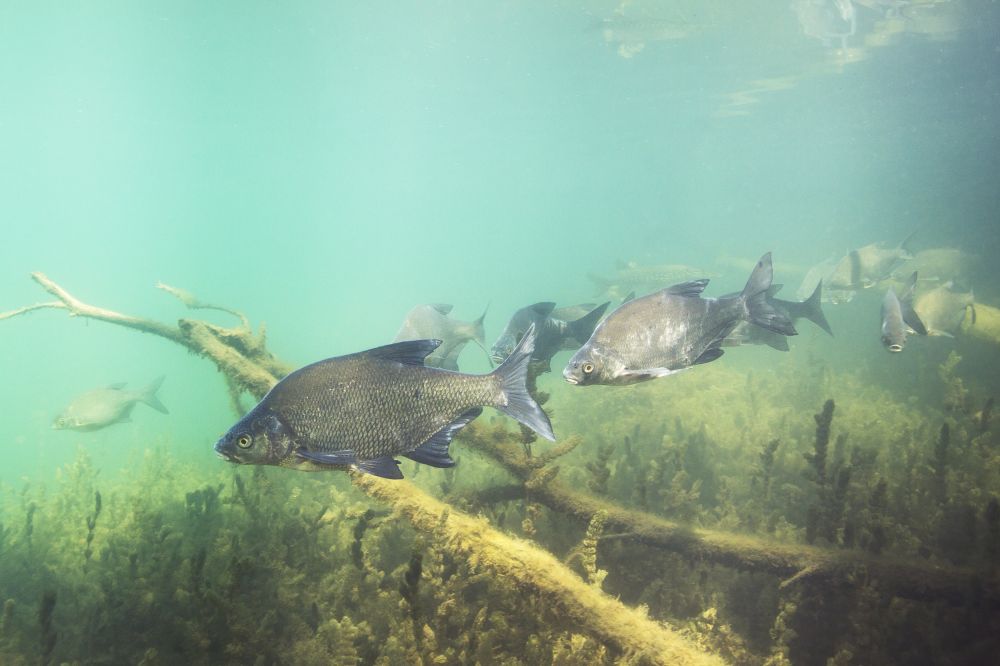
The Bronze bream belongs to the Cyprinidae Family. The current catch size varies between 30 and 50 cm, for a weight of 0.5 and 2.5 kg. Some individuals can reach a maximum height of 80 cm for a weight of 7 kg. It lives between 20 and 25 years. It reproduces between April and June and lay 100,000 to 300,000 eggs. The Bronze Bream can be fished all year round in 2nd category streams and is not hard to catch with the right bait. In Europe, there are 2 or 3 types of bream, 5 species and 2 subspecies. The Bronze bream has a very high and strong body flattened laterally. The bushy back, especially in older individuals, is characteristic of this fish. Its body is covered with large scales and mucus. The Bronze bream has a fairly small eye compared to the size of the muzzle. The mouth is small, oblique, barbless and protractile. The upper jaw protrudes beyond the lower jaw. Teeth are subject to seasonal replacement. The anal fin is very long and has 23-30 soft rays. On the other hand, the dorsal fin is short and inserted behind the pelvic fins. The caudal fin is very indented with the lower lobe longer than the upper lobe.
The Bronze Bream is a famous fish you can catch in Greer.The Muskellunge
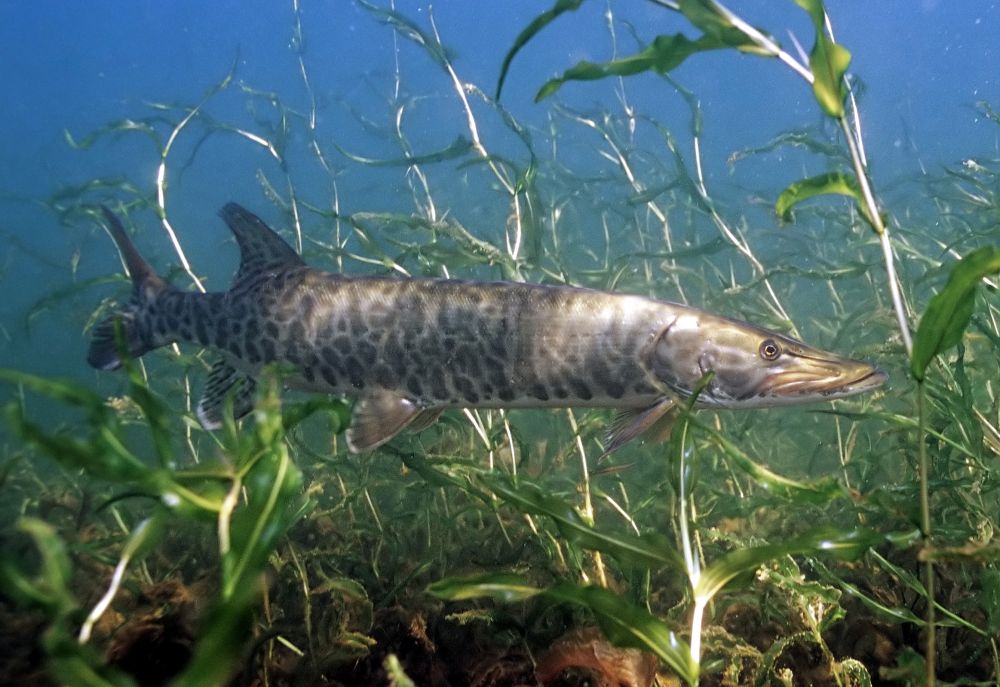
The Muskellunge belongs to Esocidae family. It can reach 150 cm of length for 30 kg. It has a lifespan of 30 years. They spawn in springs. It can be fished all year round. The sides vary from greenish to brownish to silvery, usually with dark marks, but marks may be absent. The white or cream belly often has brownish or greyish spots. The dorsal and anal fins, located far away on the body, range from greenish to brownish to blood-red and generally have dark marks. The duckbill jaws have long, pointed teeth: the roof of the mouth has shorter, curved tooth pads. The cheek cover and gills have scales on the upper half only. The underside of the jaw has sensory pores, the numbers varying from 12 to 20, but the number is generally 15 to 18.
The Muskellunge is a famous fish you can catch in Greer.The Channel Catfish
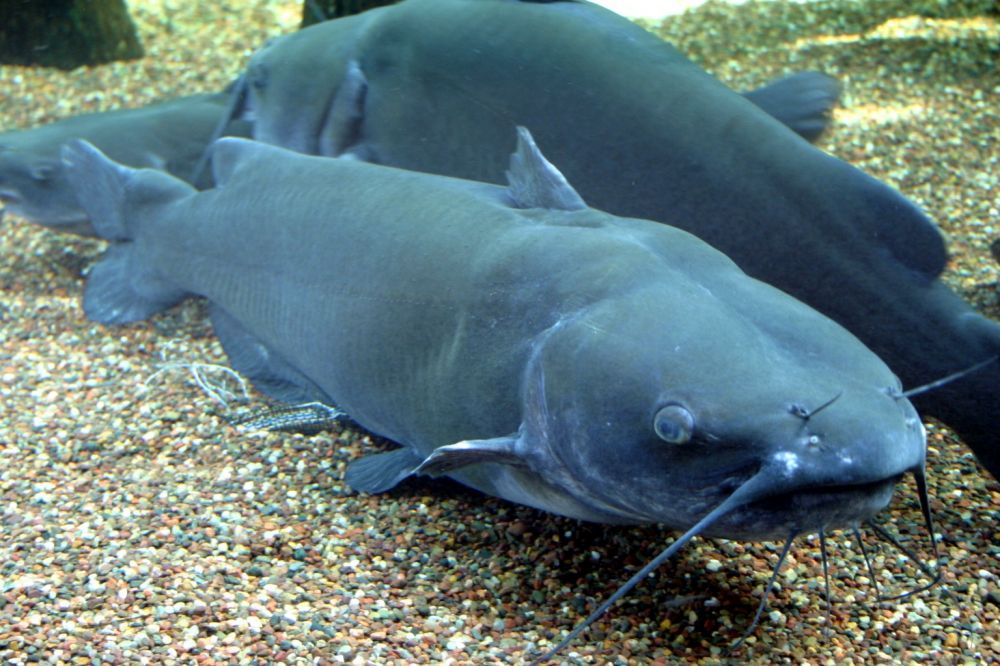
The Channel Catfish belongs to the Ictaluridae family. adults often weigh between 40 and 60 cm. The maximum weight recorded is 26.3 kg. It has a life span of 15 years. It breeds from May to July. The ideal time to fish them is from March to May, before the breeding season. The body is elongated and flattened. The eyes are small and the mouth is lesser. They have eight sensory barbells, or "whiskers", around their mouths. Four whiskers are on the chin, two on the muzzle and one at both corners of the mouth. The tail is deeply forked with the edge of the rounded anal fin. The adult color is pale grey to olive on the back and white to yellowish on the belly. The young are generally light grey at the back and silvery on the sides. The sides have scattered dark spots.
The Channel Catfish is a famous fish you can catch in Greer.The Chum Salmon
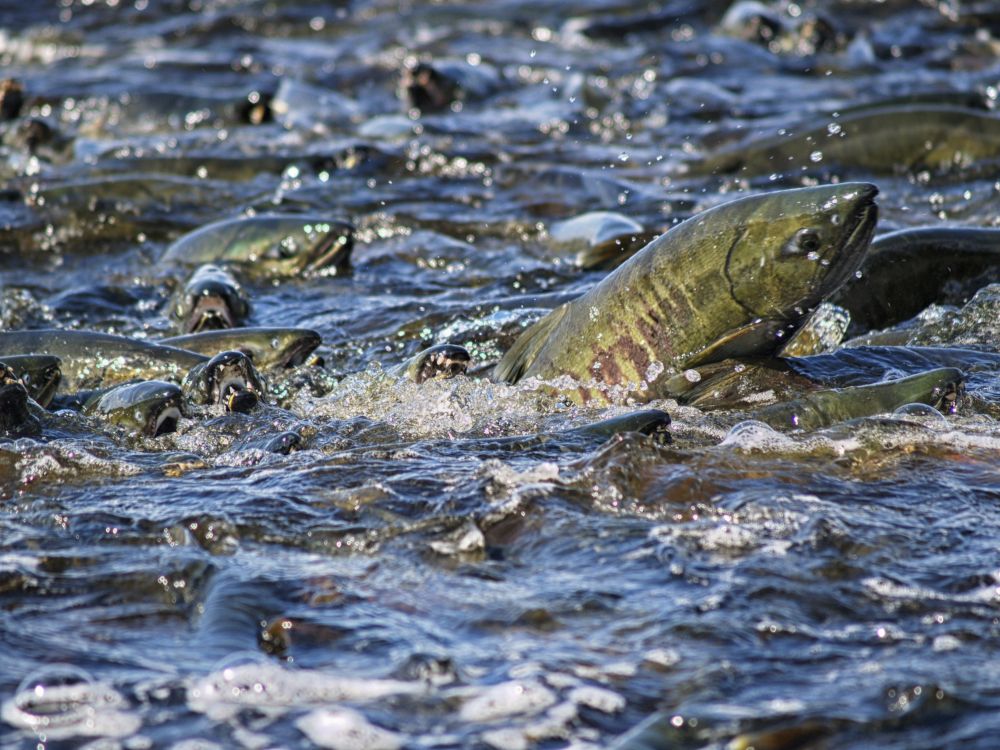
The Chum Salmon belongs to the Salmonidae family. It can reach 100 cm for a maximum weight of 15 kg. It has a lifespan of 3 to 5 years. The breeding period depends on the location. It can be fished all year round. The body of chum salmon is deeper than most salmonidae species. Like other species in the Pacific, the anal fin has 12 to 20 rays, compared to a maximum of 12 in European species. The chum salmon has a silvery blue-green coloring with some indistinct spots in a darker shade and a rather paler belly. When they move in fresh water, their color changes to dark olive green and the belly color intensifies. When adults are about to spawn, they have purple streaks near the caudal peduncle, darker towards the tail. Breeding males generally develop an extended snout or kype, their lower fins turn white and their teeth are larger.
The Chum Salmon is a famous fish you can catch in Greer.Our fishing forecast of Greer indicates the best time to go fishing in this city.
Our fishing forecast of Greer indicates the best time to go fishing in this city.
Our fishing forecast of Greer indicates the best time to go fishing in this city.
